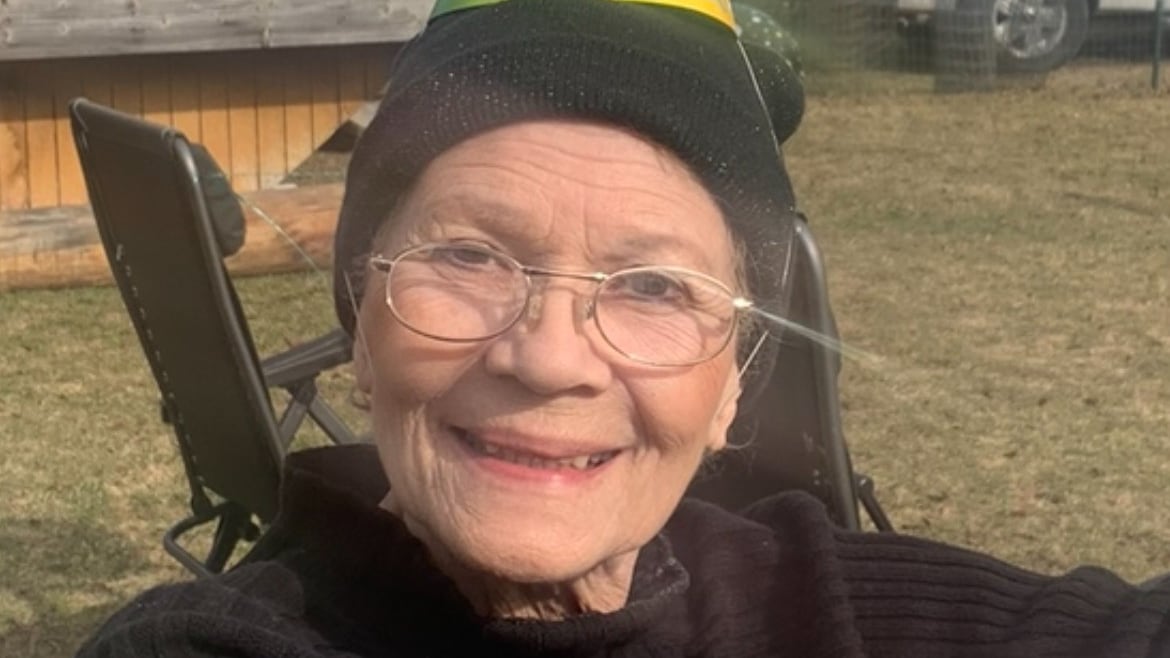This story was produced by the Oregon Journalism Project, a nonprofit newsroom covering the state.
The estate of Celia Leonore Hess, who died after being left out in the sun at a Bend memory care facility on a blazing hot day last August, has filed a wrongful death suit against the facility’s owner, Dallas-based Frontier Senior Living.
The Kafoury & McDougal firm filed the lawsuit in Multnomah County Circuit Court on May 27 on behalf of Hess’ representative, Melisa Finch (one of Hess’ two daughters).
The lawsuit names Aspen Ridge Retirement Community and Frontier Senior Living, the management company that operated the facility at the time Hess died.
Frontier is the 21st-largest provider of senior and memory care in the country, employing nearly 7,000 workers overseeing 6,000 units at 143 facilities. (This February, according to a Facebook announcement, the Bend facility switched management companies and is now run by Arete Living, based in Tigard.)
Hess entered the Aspen Ridge Retirement Community in April 2022, suffering from dementia.
On the morning of Aug. 30, 2024, staff at the facility found Hess sitting outside in the sun. It was nearly 100 degrees that day, according to the lawsuit, and Hess wore a heavy fleece top over a sweater. She also wore long pants.
Caregivers determined she’d been sitting outside in the sun for hours. She was nonresponsive, and suffering cardiac arrest, according to the lawsuit, so they called an ambulance. Ambulance personnel recorded her temperature at 105 degrees and cut her clothing off to begin reducing her fever. The ambulance transported Hess to a local hospital, where she died Sept. 1. Willamette Week first reported her death.
A subsequent investigation by the Oregon Department of Human Services reported Hess died of hyperthermia. She was 76. DHS, which regulates senior care homes, found that workers called in sick on the day Hess was left in the sun. The department determined Frontier’s failure to staff the facility sufficiently placed current and potential new residents “at risk for immediate jeopardy,” and prohibited Frontier from accepting new residents until it could prove it had remedied that and other problems.
Hess’ death was not the first at the facility, DHS records show.
The agency’s inspection records show the facility previously ran afoul of state safety standards in 2016. DHS investigated two incidents then—one, a fall that resulted in death—and found the facility dangerously understaffed. After finding eight violations of state rules, the agency restricted the facility from admitting new patients until it corrected shortcomings. That’s the same penalty the agency handed down after Hess’ death.
Mark McDougal, one of the attorneys representing Hess’ family, says the senior care industry has a problem.
“The pattern is the same across the nation,” McDougal says. “A family places their loved one in an extremely expensive memory care center, based on promises that they will receive quality care. But the residents are helpless, and once the family leaves, the misrepresentations of care and safety prove to be deadly.”
Frontier did not respond to a request for comment.
The lawsuit seeks $17 million in damages.

